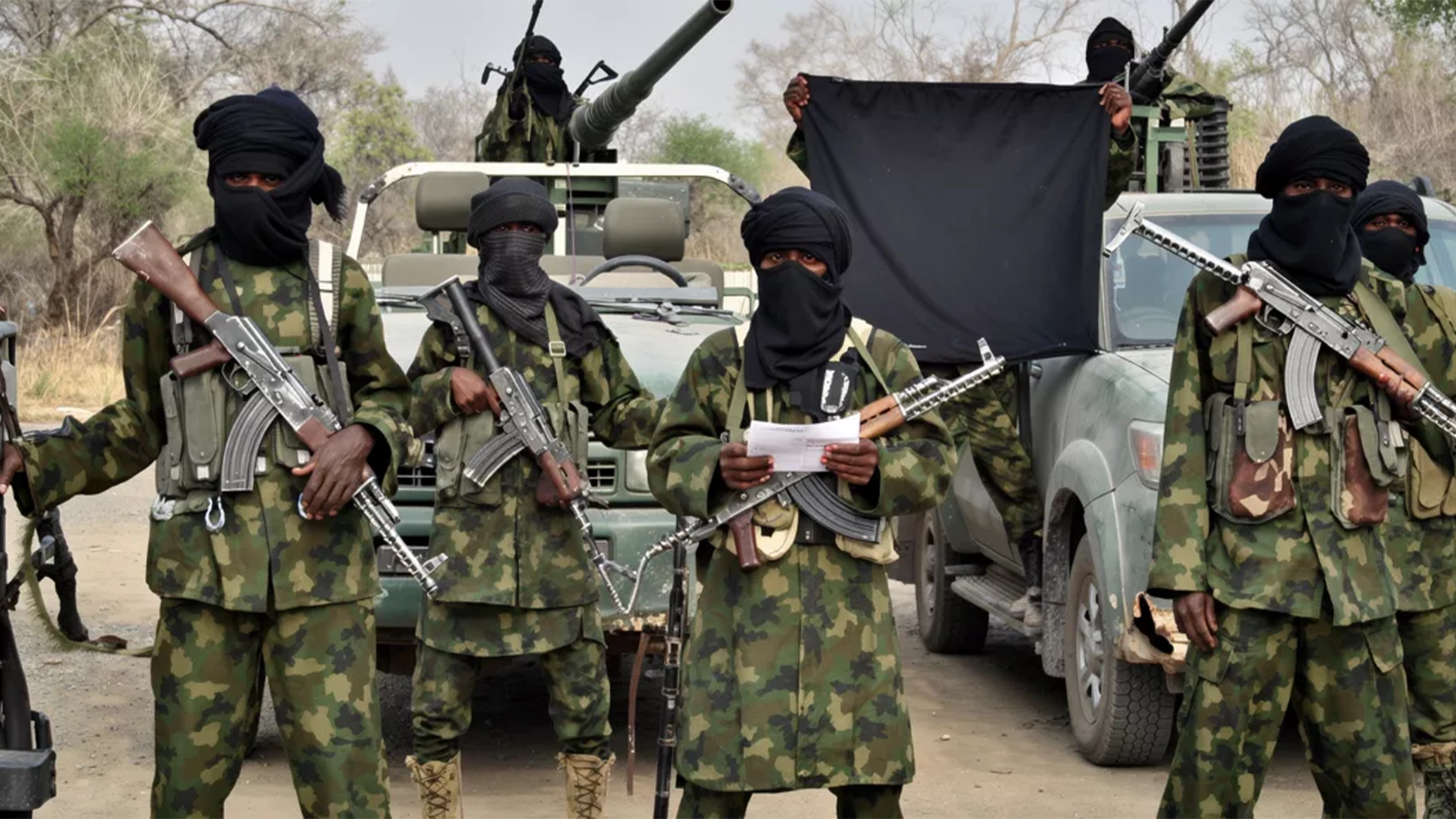Nigeria’s senior women’s national football team, the Super Falcons, brought glory to the country at the 2024 Women’s Africa Cup of Nations (WAFCON) in Morocco, staging a stunning comeback from 0-2 down to defeat the hosts 3-2 in a dramatic final and lift their 10th WAFCON title. As the momentous victory reverberates, it presents an opportunity to interpret the occasion fittingly and ensure the celebration does not become a one-off, but a catalyst for sustainable progress.
Having achieved such an impressive feat, the Super Falcons deserved to be celebrated and rewarded, especially at the highest level of government. Happily, President Bola Tinubu did not disappoint the country. He approved the full payment of their allowances and match bonuses ahead of the final match and ensured the champions were received at the Nnamdi Azikiwe International Airport, Abuja, by a high-powered delegation led by Secretary to the Government of the Federation, George Akume. Thenceforth, their triumphal entry continued in an open-top bus through the streets of Abuja to the Aso Rock Villa for a reception.
Sharing a tinge of relatable humanity in a joke about high blood pressure fears, the President could not have captured the significance of the episode more aptly. “You have inspired millions, especially young girls, who now see proof that their dreams are valid and achievable,” he said. “You’ve inspired me, too. It is a great thing for a nation to have assets that represent the hope of today and tomorrow. You are that hope. You’ve ignited it.”
In tandem with the exceptional soccer triumph, President Tinubu gave an unprecedented package in the history of Nigerian sports. He conferred the national honour of Officer of the Order of the Niger (OON) on each member of the team and unveiled a reward bundle that included a three-bedroom flat and the naira equivalent of $100,000 (approximately N153 million) for every player. Each member of the coaching crew was also awarded $50,000 (about N76 million). In a similar show of solidarity, Chairman of the Nigeria Governors’ Forum and Governor of Kwara State, AbdulRahman AbdulRazaq, disclosed that all 36 state governors had unanimously agreed to grant N10 million to each player in recognition of their achievement, and as a symbol of national unity.
The emotional intensity of the reception was not entirely unanticipated, given the team’s thrilling performance, which offered the country a rare instant of cohesion and collective pride amid divisive politics and economic hardship. For once, the nation bridled its obsession with ethnicity, class, and religion and appeared to forget its numerous challenges. Nothing else mattered. There was only Nigeria, and a painful-sweet feeling that such a shared moment of national joy and hope should happen again and again. It could, if the authorities situate the event appropriately and deploy admonitions to good use.
Not unexpectedly, the huge reward rained on the Super Falcons has ignited a debate as to its propriety in the face of the country’s struggling economy, multidimensional poverty of the people and numerous problems needing urgent financial attention of the government. While there is no contention that the women deserve to be roundly appreciated, the irony of the perceived over-bloated gifts has been depicted by a recent viral video of a retired Superintendent of Police, seen bitterly lamenting why, after 35 years of service, he was to be handed only N2 million as retirement benefit.
Around the same time, elderly police pensioners, citing hardship and post-service insecurity, staged protests at the National Assembly and the Force Headquarters. Nigerian troops continue to lose life and limbs on multiple conflict fronts, with reports indicating that wounded soldiers sometimes must pay out of pocket for surgeries, medications, and other treatment expenses. Widows of fallen officers have also repeatedly decried bureaucratic bottlenecks in accessing spousal benefits. In all these sad cases, and many others like them, the presidential speed and helping hand that accompanied the Super Falcons’ reception are regrettably absent.
Whenever “truth is fallen in the street…equity (to wit: fairness, impartiality) cannot enter.” One of the burdens of accountable leadership is the ability to make equitable distributions of resources, regardless of the temptation to pander to politics and sentiments. Without begrudging the national team and their support staff receiving due recognition, the government’s predilection for the lavish windfall—and the timing—smacks of insensitivity and calls for reflection. Handouts by the government must reflect prevailing socioeconomic realities. Otherwise, the leadership risks pushing out wrong narratives about its priorities, notwithstanding the defence by media advisers.
Again, the Super Falcons’ chorus of “On your mandate we shall stand” at the reception provokes questions about the political expropriation of national achievements.
Understandably, the team should express gratitude to the President. However, the civic celebration should not have been allowed to bear traces of partisanship. Thus, it would retain its power of truly uniting and speaking for all Nigerians. The pledge of loyalty to political figures at moments meant to honour national glory risks diluting the collective symbolism of the accomplishment and alienating sections of the public. National victories belong to every citizen, beyond party lines. They must be protected as such.
has one of the largest youth populations in the world, with a median age of 18.1 years. Nearly 70 per cent of its citizens are under 30, and 42 per cent are below the age of 15. If harnessed, the youthful energy derivable from the figures, which highlight the country’s human resource potential, can fetch more international prominence in sports. The Super Falcons’ WAFCON 2024 triumph, therefore, beckons authorities to chart a strategic course for women’s football.
Women’s football has witnessed a huge rise on the global stage, driven by rising sponsorship and increasing audience attention. As Nkechi Obi, former Chairperson of the Nigerian Women’s Football League (NWFL), rightly noted, “It is now one of the fastest-growing sports in the world, and reference is made regularly to its global growth potential.” While the NWFL has taken commendable steps to advance the women’s game in Nigeria, much more remains to be done.
The time is ripe for the Federal Government to adopt a National Women’s Football Development Plan. This will, among others, facilitate the identification of talent, nurture potential, and enhance professionalism in the game. There must be renewed investment in grassroots development and infrastructure, while role models like Rasheedat Ajibade, Chiamaka Nnadozie, and others can be deployed towards youth-focused initiatives countrywide.
The countdown to the 2027 FIFA Women’s World Cup has begun. While the Super Falcons remain dominant on the continent, their handlers must urgently review and upscale technical preparations to ensure the team is equally competitive on the global stage. The coaching crew must align with the evolving tactical demands of modern women’s football. With strategic adaptation and forward-thinking leadership, Nigeria can transition from African champions to credible World Cup contenders.
Having declared at the Super Falcons’ reception that he, too, had been “inspired”, President Tinubu would do well to demonstrate that the newfound inspiration traverses generous giftings and is acquainted with the demands of leadership and accountability. He will, therefore, be expected to stand up for policy actions built on a clear vision and capable of ensuring the team’s success is repeatable.






